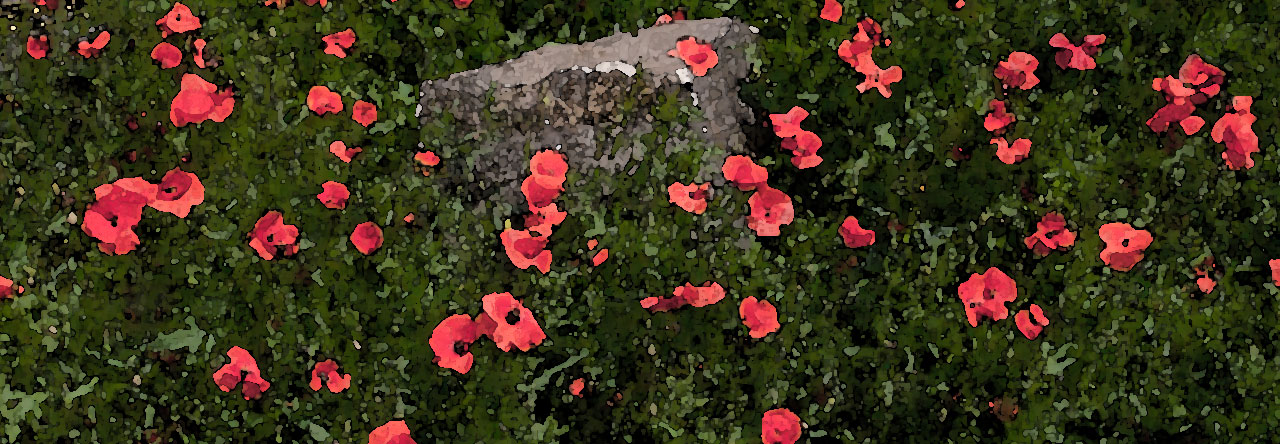 Just shy of eighteen, I met Gene Wolfe. My father introduced us, and then we all went out to dinner: Gene, his wife Rosemary, my father, my stepmother Terry, and me.
Just shy of eighteen, I met Gene Wolfe. My father introduced us, and then we all went out to dinner: Gene, his wife Rosemary, my father, my stepmother Terry, and me.
I’d been shy about meeting him—not because I’d read his books (I’d read one, The Shadow of the Torturer, just recently, not having any idea who the author was or who he’d be to me)—but because I was shy of new people in general.
Halfway through dinner, I found myself asking if he’d read my novel. I don’t know what brazen ghost possessed me. I could see the moment his face changed. Got very careful indeed. Gently he said, “I can read it, but I can’t promise to say anything about it.”
I remember backpedaling, saying I’d just send the first three chapters. He twinkled at me. (He has very twinkly eyes.)
And after I sent my chapters, I received a letter.
I don’t know if Gene ever read past the first chapter. But he wrote me a long letter about what he did read, what he’d observed, and it was a letter full of keen incite, encouragement, what I was doing well (Dialogue! Character!), and most importantly, stuff I needed to work on. For example, I had a tendency to interrupt my dialogue with long infodumps. He used the phrase “lumps of prose like uncooked dumplings,” which delighted me—and has stayed with me these many years.
I could feel my brain cracking open and horizon pouring in. I wrote him back. I thanked him. I asked him questions. He started teaching me about short stories.
The subject had come up at that initial dinner. “Write short stories,” he advised me. “Build your byline. Once you have a body of work and some name recognition, you’ll be ready to sell your novel. Learn your craft; novels are the easiest to write. Short stories are harder. Poetry is the hardest of them all.”
That made me feel smug; I was already a poet.
“How do you write a short story?” I asked. I’d never been able to write short. A teacher in high school had called me “prolific,” in a tone of voice that was half-admiring, half-resentful.
“Anything can be a short story,” said Gene. “Look around. This chair could be a short story. That waiter. How they interact.”
Immediately I had an idea for a sentient chair and its best friend, the waiter.
To this day, I still write long, often novella-length. But I marvel at the engineering behind a Gene Wolfe short story. How can he pack all that story into such a limited frame? I have to sit with his stories and sink in; they go down so deep. They resound.
Gene taught me how to write cover letters. How to submit. How to subscribe. “Writers who don’t subscribe to the magazines they submit to are cutting their own throats.” He was clear on that point.
I still overwrite my early drafts (Gene told me he does too), and I still have to watch out for “lumps of uncooked prose.”
He once advised, “Always tell a story as cleanly and as clearly as possible.”
I find myself coming back to that. I often garland my stories in gilded curlicues of language that I later sometimes want to slash back to the bone. But there was this one time, after I wrote “Three Fancies from the Infernal Garden” (Subterranean Magazine: Winter 2009) and showed it to Gene, telling him I’d probably need to cut much of the sing-songy rhythm and internal rhyme, he urged me not to take my knife to it.
So I remember that too: Not only “Tell the story as cleanly and as clearly as possible,” but also—remember that sometimes, the elaborate is beautiful.
In a decade and a half of loving advice, encouragement, introductions, brilliant brunches, and road trips that Gene Wolfe has gifted to me, another moment sticks out. Early on in my submitting-short-stories process, I’d written him this letter—hyperbolic, tear-stained—about receiving yet another rejection. I’d thrown myself against a wall, I said, I’d wailed. And he wrote back, “Good on you! That means you care. It’s good to care.”
He wrote it better of course; but memory synthesizes our experience. And what a thing to remember! Especially for a young writer, addled by self-doubt, newborn-barefoot on the fierce terrain of the unknown. Rejection is a natural part of the process, and so is the artist’s reaction against it. It’s all right; we’re supposed to feel—even Gene Wolfe still gets sad at a rejection letter. It’s good to feel.
“And when it’s done,” he told me, “look at your story again. Scrub her face. Give her a new dress. And send her back out into the world.”
It’s because of Gene Wolfe that I view each new story as an intrepid daughter of Nellie Bly: suitcase in hand, checkered suit impeccable, head held high, heading off into the sky.
C. S. E. Cooney (csecooney.com/@csecooney) is the author of Bone Swans: Stories (Mythic Delirium 2015), the title story of which was nominated for the 2015 Nebula Award. Her novella “The Two Paupers,” second installment of her Dark Breakers series, is included in Rich Horton’s The Year’s Best Science Fiction and Fantasy 2016. She is an audiobook narrator for Tantor Media, the singer/songwriter Brimstone Rhine, and the Rhysling Award-winning author of the poem “The Sea King’s Second Bride,” which can be found in her collection How to Flirt in Faerieland and Other Wild Rhymes. Her short fiction and poetry can be found at Uncanny Magazine, Lakeside Circus, Black Gate, Papaveria Press, Strange Horizons, Apex, GigaNotoSaurus, Goblin Fruit, Clockwork Phoenix 3 & 5, The Mammoth Book of Steampunk, and elsewhere.
